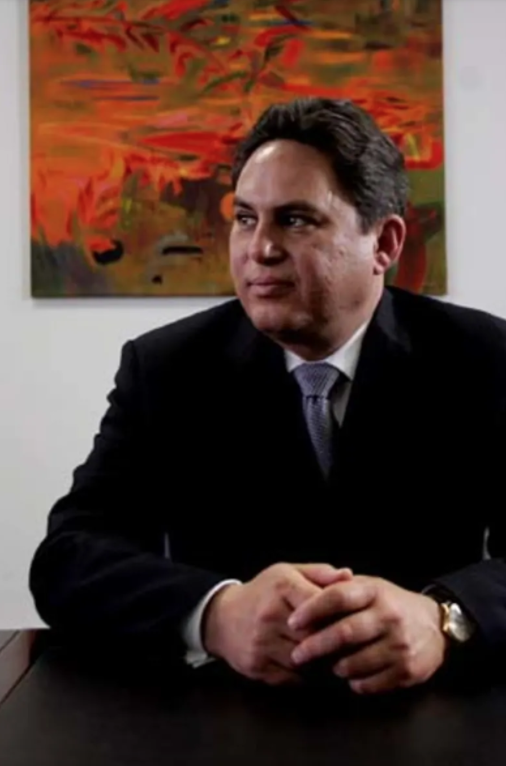The community would not tolerate breaches of trust by insolvency practitioners, a New South Wales District Court judge said yesterday when he sentenced former liquidator Stuart Ariff to six years in prison for defrauding a solvent company he was winding up from 2006 to 2009.
Ariff's lack of contrition counted against him when Judge James Bennett imposed a non-parole period of three years and six months from his September conviction.
Parole authorities will decide in March 2015 whether Ariff will be released under sup ervision for the remaining two years and six months.
ervision for the remaining two years and six months.
Judge Bennett said he agreed with a submission from the Australian Securities and Investments Commission that a ''significant'' sentencing factor was general deterrence.
Ariff was ''well aware'' of the community's expectations of his ''role and status'' as a liquidator whereby he had control of the assets and responsibility for the conversion of cash, the payment of creditors and the distribution to members, the judge said.
He found that Ariff was motivated primarily by a desire to save his struggling practice, Stuart Ariff Insolvency Administrators, from collapse.
It would have been obvious that ''the only course he should have considered'' was to seek independent advice on whether the firm could survive, Judge Bennett said.
His clean record was of little weight because he was able to perpetrate his crimes through his reputation for integrity.
Judge Bennett read from a pre-sentence report containing Ariff's comments to a prison doctor.
In it he criticised the jury and blamed employees for the transfer of funds from the bank accounts of a Newcastle family company, HR Cook Investments, 13 times, and the falsification of six forms lodged with ASIC.
''He feels that the jury didn't examine the evidence in detail,'' the report said, noting the deliberation took only four hours after a six-week trial.
Ariff said to the doctor: ''At the end of the day it was under my watch and I take the blame for that but I don't take responsibility for the carrying out of the specific transactions and the preparing of the documents.''
Asked if he blamed someone else, he said: ''Yes, and that person was the prime witness for the DPP.''
The Commonwealth Director of Public Prosecutions gave an indemnity from prosecution to the manager Ariff assigned to the HR Cook liquidation, Tina Battye.
Judge Bennett said there was ''glaring and irrefutable'' evidence that ''the offender and his company were the intended beneficiaries'' of the crimes.
''I reject the proposition that the offender was not the principal in all that occurred,'' he said.
Even if others had participated, the judge said he rejected the notion that he did not know what was happening.
He took into account Ariff's age of 48 and that a life ban from the insolvency profession would make it difficult for him to find a job when he left prison.
The stress on his family and his mother's ill health were also mitigating factors.
Linked Article:


